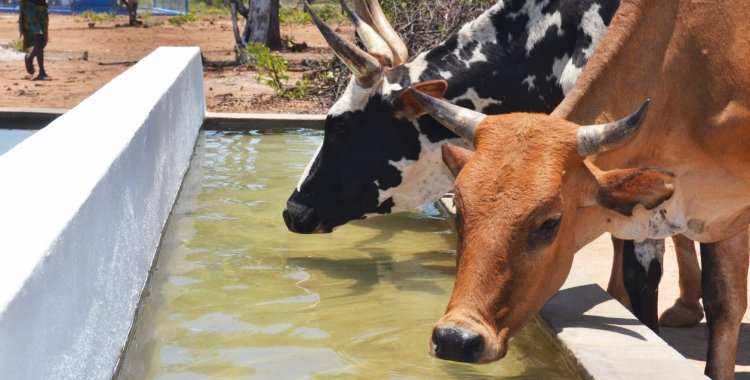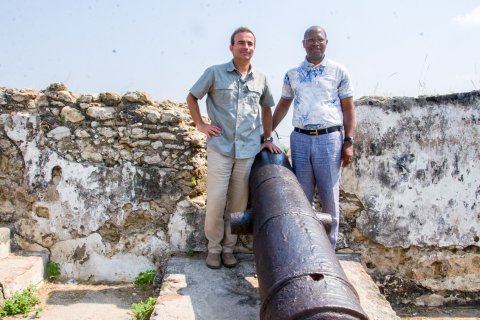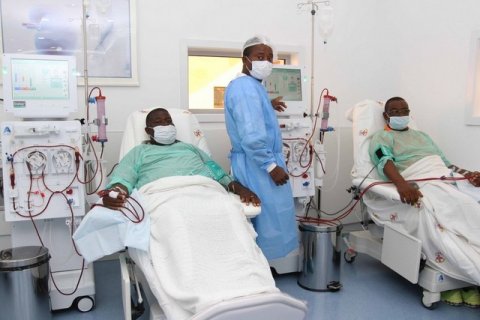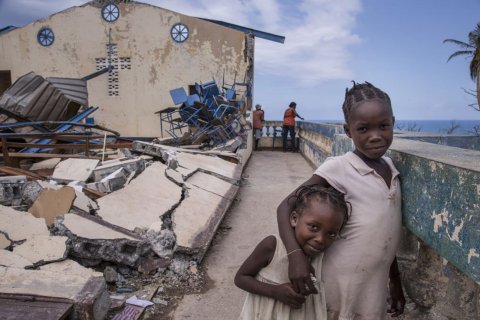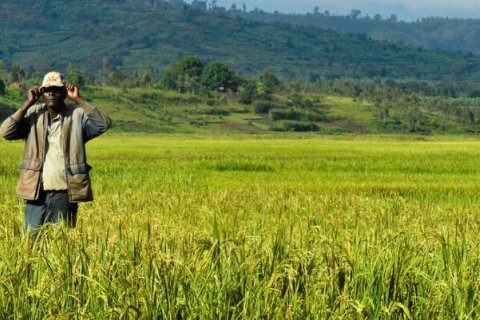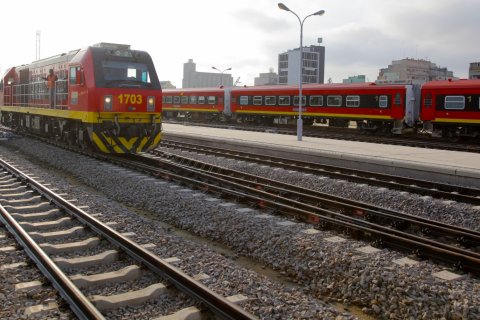Fernando Teles took advantage of Creator's Day on Saturday, which was celebrated at Fazenda Capeca, on the Camabatela plateau (Cuanza Norte), to encourage an increase in national production.
"Angola needs farmers, it needs entrepreneurs", highlighted the founder of Banco Internacional de Crédito (BIC), drawing attention to the fact that 90 percent of the meat consumed in Angola is imported.
To counter this trend, "there must be political will and incentives for producers, there must be 200 or 300 farms like this" to resume production, stressed the agricultural entrepreneur, with several agro-industry projects including Camabatela, where he produces corn, soybeans, sorghum, cattle and pigs.
"There are exceptional conditions for raising cattle, but a lot of cattle died" due to insufficient health care, also highlighted the former president of BIC, which initially had businesswoman Isabel dos Santos in its shareholder structure.
Due to lack of animals for slaughter, the Camabatela slaughterhouse is closed most of the time, which led Fernando Teles to a new pig breeding project with an investment estimated at 30 million dollars to produce 75 thousand pigs per year, which is add to the 20 million that has already been spent in Camabatela, recovered from an old abandoned colonial farm and which currently has more than five thousand cattle.
The Camabatela plateau, a region historically rich in cattle, located between the provinces of Cuanza Norte, Malanje and Uíge, with an area of 1415 thousand hectares and 740 kilometers in length, represented 60 percent of the beef production consumed in the north of the country.
But today, according to official entities, the number of cattle does not exceed 33 thousand, distributed across more than 500 farms.
Until 1985, according to Joana Lina, president of the Cooperativa Pecuária do Planalto da Camabatela (Cooplaca), there were 28 thousand, but they were decimated and eaten in times of war until there were only 300 resisters housed in a Catholic mission.
Today they are estimated at around 30 thousand, she added.
Fernando Teles reinforced that the livestock population is insufficient to meet demand, reaffirming his interest in agriculture and livestock farming which led him to create the Telegest group focusing on the production of grains and animal protein, currently present in eight provinces of the country.
Lack of infrastructure and transport, financing and tax incentives, market unpredictability, lack of subsidies for producers, issues linked to land ownership are some of the challenges facing agribusiness, that the agricultural engineer and former Secretary of State for Agriculture and Livestock, José Carlos Bettencourt, pointed out.
Representatives from the central and local administration participated in Curator's Day, as well as a delegation of 16 Brazilians from the Brazilian Association of Zebu Breeders (ABCZ), at the invitation of Brasafrica, one of the main suppliers of live cattle animals to breeders in Angola at the time.
Breeder's Day was established almost 20 years ago by the Cooperativa dos Criadores de Gado do Sul de Angola and had been suspended since 2020 due to the covid-19 pandemic.

